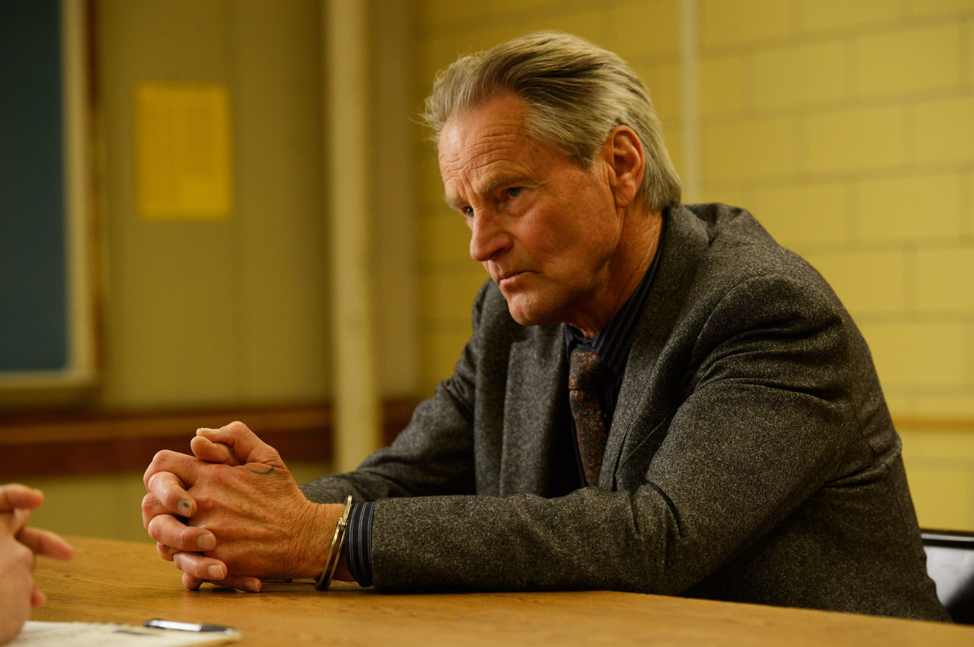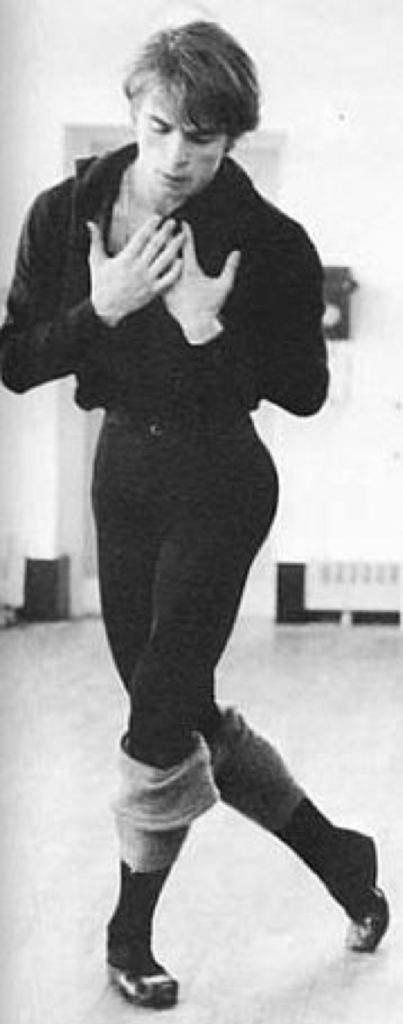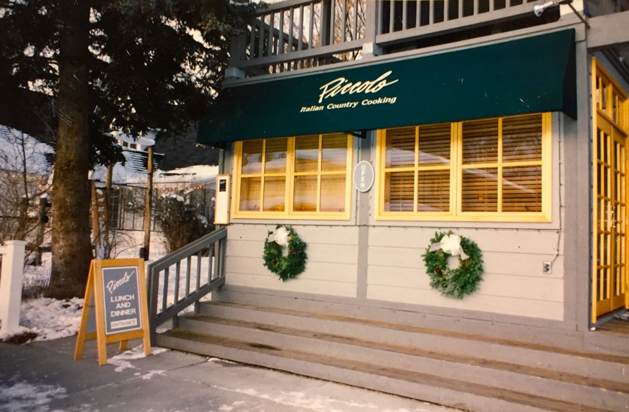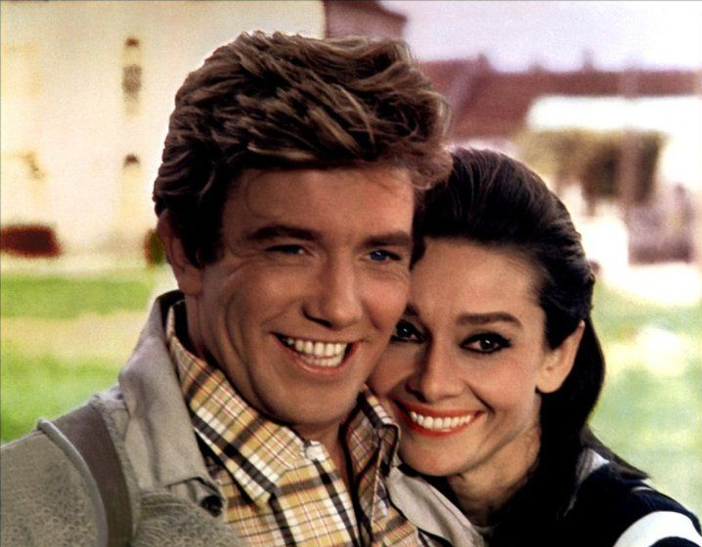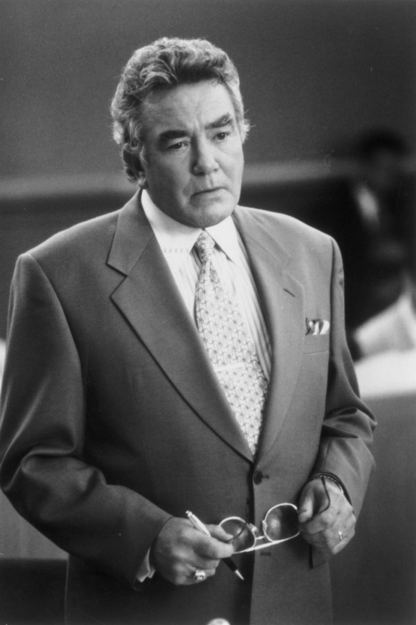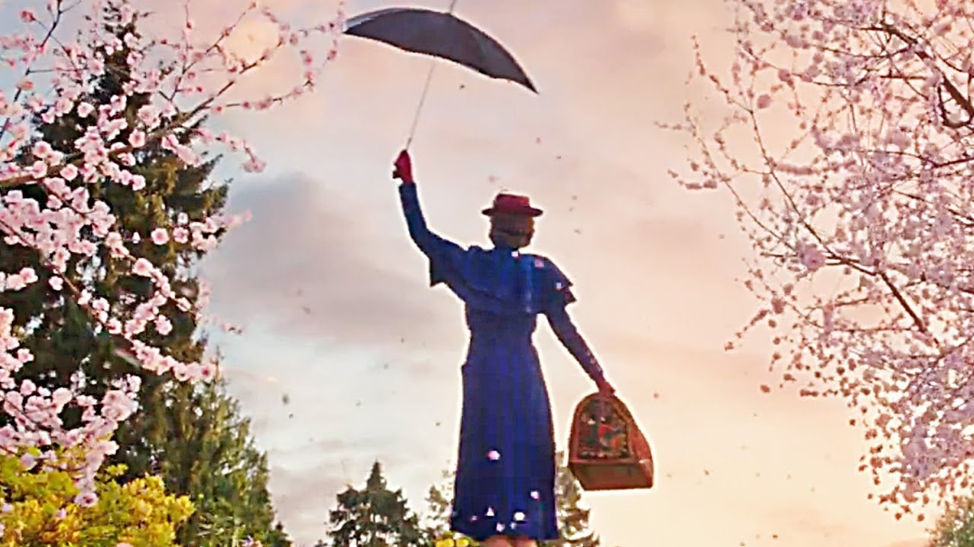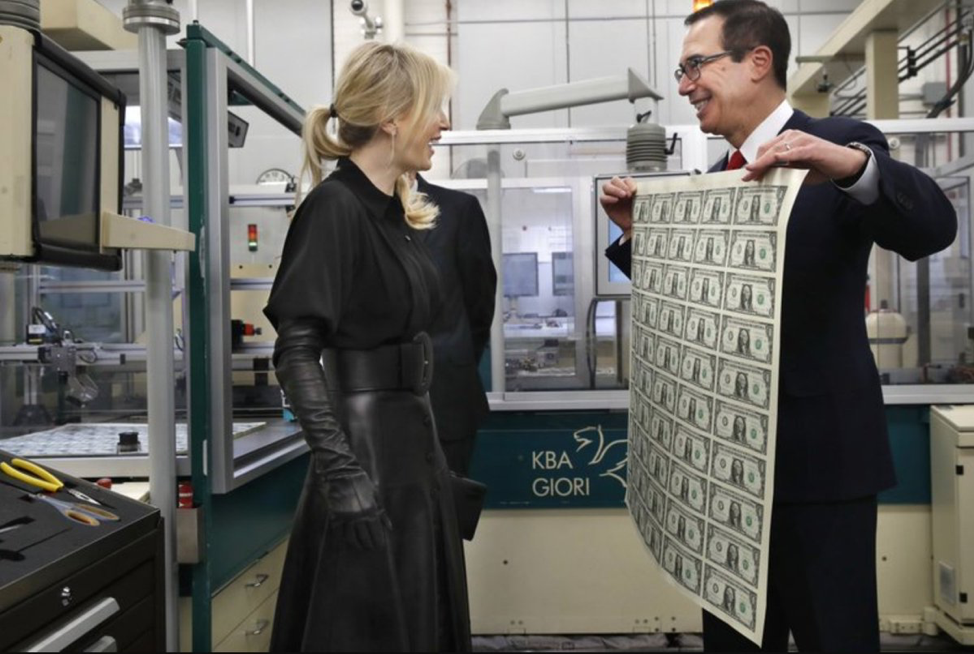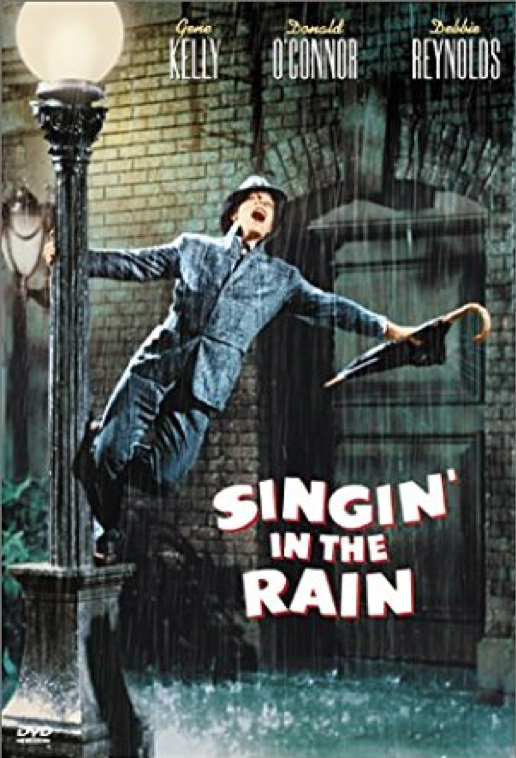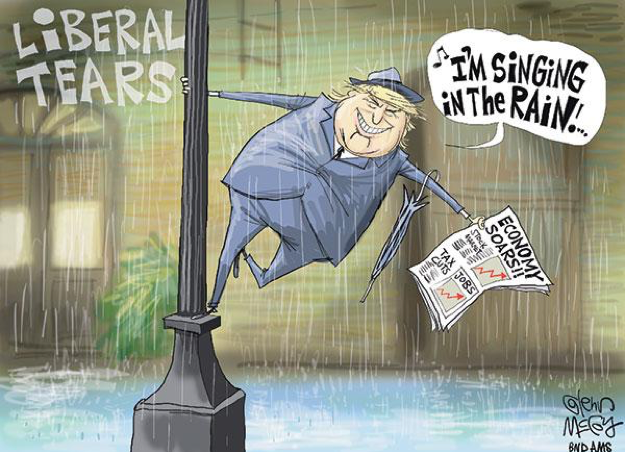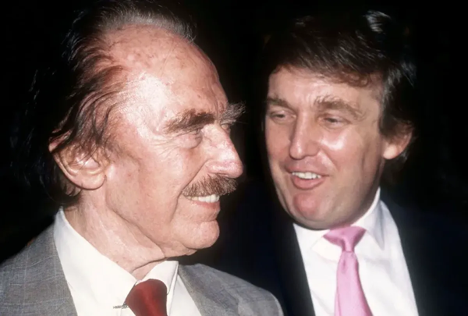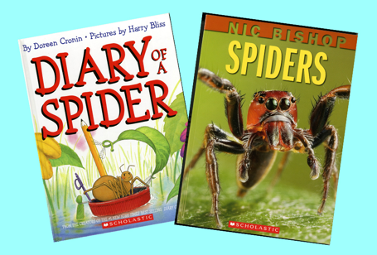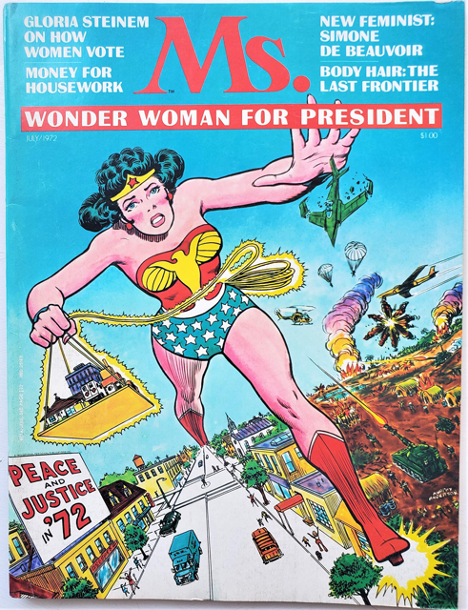It’s easy in the later stages of life to look back at memorable events, performances, and personalities encountered on our journey and lament the loss of those who still seem very much alive because of the way they and their art affected us.
Last week M and I spent an evening with Sam Shepard at the Seattle Rep and he was very much alive during a performance of True West, his rollicking roller coaster ride of a play where the audience is pulled into the action as two very different brothers trash each other and their mother’s home on the stage in front of them.
